If you truly believe that there aren't any good modern day bands or great new records being made, you didn't try very hard this year. 2015 delivered an abundance of quality music. So much in fact that this might be the largest list of stuff I loved since I started making end of year best of lists two decades ago. I think playing in an active band has helped me stay on top of new music too but in the end, I will always call myself a music fan before I call myself a musician. Finding new music to fall in love with is an addiction I don't ever want to kick.
This Spotify playlist features 100 songs from a large variety of genres that I really loved this year. Not all of the artists on this playlist made my best of / end of year list below so they are two different beasts, great songs -v- great albums.
Happy new year friends.
Top 25
Sauna Youth DISTRACTIONS (Upset the Rhythm)
Whyte Horses - Pop or Not (self released)
Dirty Ghosts LET IT PRETEND (Last Gang Records) *"Cataract" is my song of the year
Trash Kit - CONFIDENCE (Upset the Rhythm)**came out Dec 2014 / LP arrived in 2015
Sacred Paws 6 SONGS (Rock Action Records)
Desperate Journalist ST (Minty Fresh)
Joanna Gruesome PEANUT BUTTER (Slumberland Records)
Love of Diagrams BLAST (Bedroom Suck Records)
Novella LAND (Sinderlyn)
Annie Girl and the Flight BODIES (Annie Lipetz)
Viet Cong ST (Jagjaguwar)
Dilly Dally SORE (Partisan Records)
The White Birch THE WEIGHT OF SPRING (Glitterhouse Records)
Doe FIRST FOUR (Old Flame Records)
Soko MY DREAMS DICTATE MY REALITY (Babycat records)
Shopping WHY CHOOSE (Fatcat Records)
Soak BEFORE WE FORGOT HOW TO DREAM (Rough Trade Records Ltd)
Julia Wolfe ANTHRACITE FIELDS (Cantaloupe Music)
Boogarins MANUAL (Other Music)
Chain of Flowers ST (Alter)
Pinkshinyultrablast EVERYTHING ELSE MATTERS (Club AC30)
Hurry Up ST (Army of Bad Luck Records)
Wand GOLUM (In the Red Records)
Infinity Girl HARM (Topshelf Records)
Eternal Summers GOLD AND STONE (Kanine Records)
Other Favorite Records
Terrible Truths ST (Bedroom Suck Records)
The Leaf Library DAYLIGHT VERSIONS (Where it's at is where you are)
Salad Boys METALMANIA (Trouble in MInd Records)
Cloakroom FURTHER OUT (Run For Cover Records)
Menace Beach RATWORLD (Memphis Industries)
Gnoomes NGAN! (Rocket Recordings)
Kagoule URTH (Earache Records Ltd)
No Joy MORE FAITHFUL (Kemado Records)
Wildhoney SLEEP THROUGH IT (Deranged Records)
Swervedriver I WASN'T BORN TO LOSE YOU (Cobraside)
Death and Vanilla TO WHERE THE WILD THINGS ARE (Fire Records)
Jacco Gardner HYPNOPHOBIA (Polyvinyl)
Noonday Underground BODY PARTS FOR MODERN ART (Hands Full Records)
Cold Beat INTO THE AIR (Crime on the Moon)
Eerie Summer - THE WAY I DON'T UNDERSTAND ANYTHING ANY MORE (self released)
Youth Lagoon SAVAGE HILLS BALLROOM (Fat Possum Records)
Julia Holter HAVE YOU IN MY WILDERNESS (Domino Recording Co Ltd)
C. Duncan ARCHITECT (Fatcat Records)
Ghetto Ghouls COLLISIONS (Self Released)
Knife Pleats HAY BARK BEACH (Where it's at is where you are)
Jeff Bridges SLEEPING TAPES (Squarespace)
Myrrias ALL ALONE (self released)
Bjork VULNICURA STRINGS (self released)
Beach Slang THE THINGS WE DO... (Polyvinyl Records)
Protomartyr THE AGENT INTELLECT (Hardly Art)
The Spook School TRY TO BE HOPEFUL (Fortuna Pop)
Intelligence VINTAGE FUTURE (In The Red Records)
Sextile A THOUSAND HANDS (felte)
Killing Joke PYLON (Spinefarm)
Sumac THE DEAL (Profound Lore)
Reissues / Collections:
Oz Brazoes ST (Som Livre)
Annie Philippe - SENSATIONNEL! - Ace Records
Guerre Froide ST (Born Bad Records)
Va CRIMINALE VOL 3 & 4 (Goodfella)
Marie et les Garcons 1976 - 1979 (Ze Records)
Va LIBRARY OF SOUND GROOVES / OBSCURE PSYCHEDELIC MANUSCRIPTS FROM THE ITALIAN CINEMA (Semi-Automatic Records)
Assorted Favorite 2015 Moments:
Being featured on Apartment Therapy
Playing Brownies one last time (Hi-Fi Bar)
Favorite show I played was @ Bathtub Republic in DC
Harrisburg, PA / Little Amps - secret weapon of a DIY show space and great coffee / people.
Peep Show final season (Favorite show of all time)
Twin Peaks DJ set to cast members Mrs. Briggs and Lucy
Beach Slang live / seeing Jim some 20 years post Weston
Live: Mutoid Man / Child Bite live at Gwar-B-Q (Gwar Bar is also a favorite place of 2015)
Dynamic Truths reunion show @ The Answer
Asbury Park, N.J. Pinball Museum
Beaufort, SC - who knew?
Creating Atta-GIRL!
Supreme Court ruling making same sex marriage legal
Loretta Lynch as Attorney General
U.S. and Cuba make nice
Strangeways Tirami'zu Brew Rum Barrel Aged Porter
Master of None for its stellar music supervision
DJing with Bob Nastanovich in the name of charity
This band doesn't have much of an online presence so here is a video from one of the best records I purchased this year.
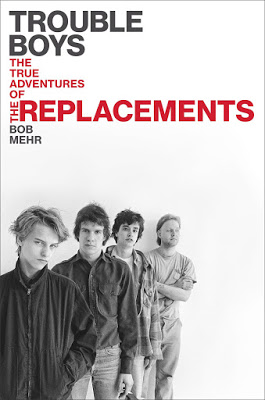
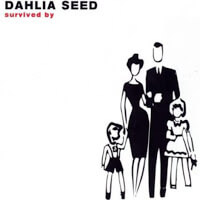
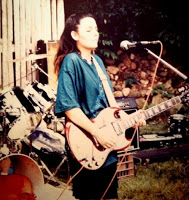
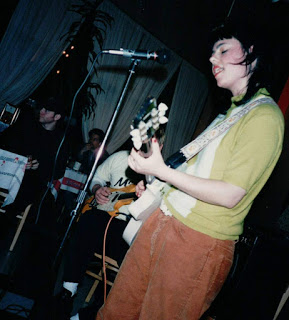
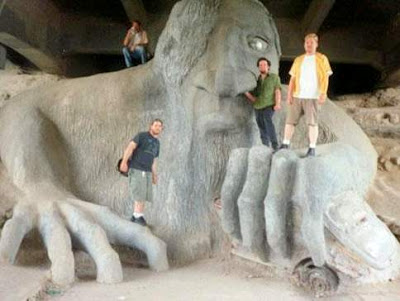
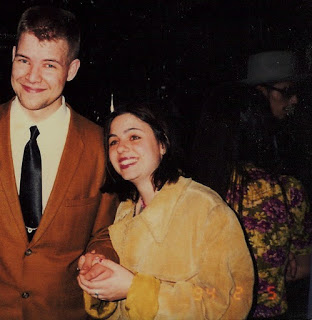
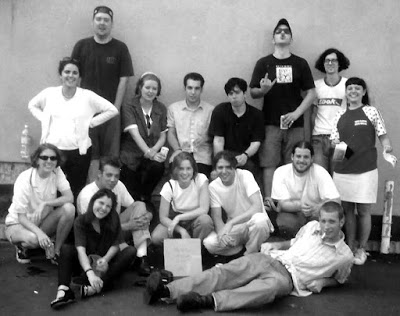
.jpg)
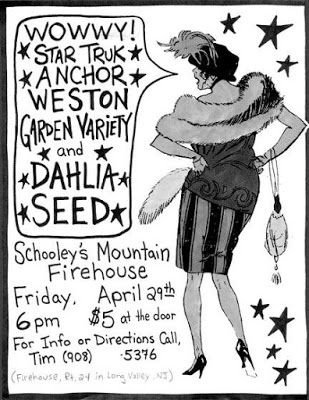

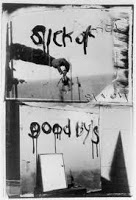
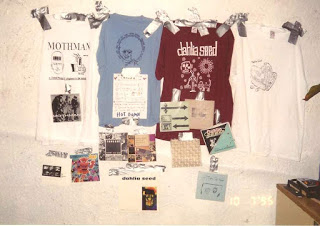
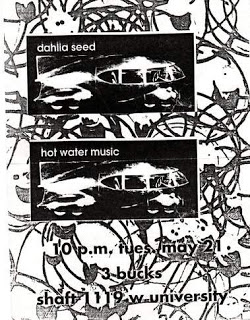
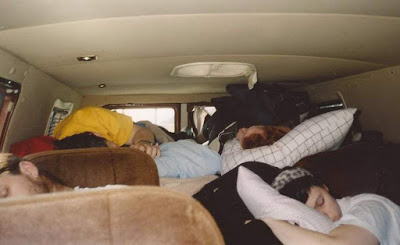
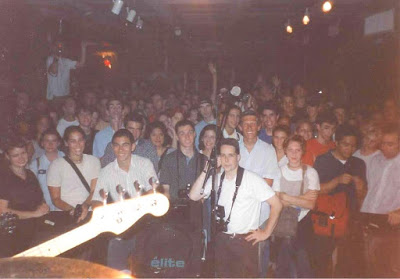
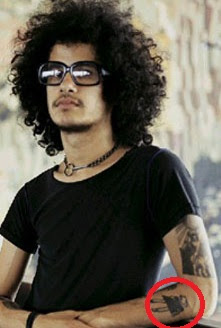
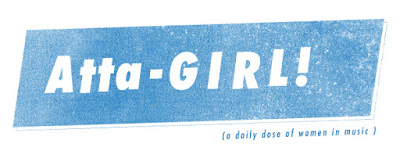
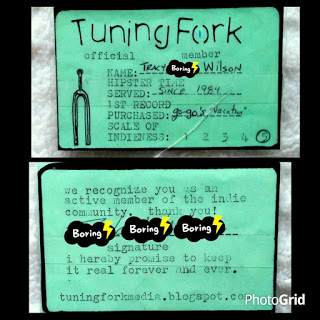
.jpg)
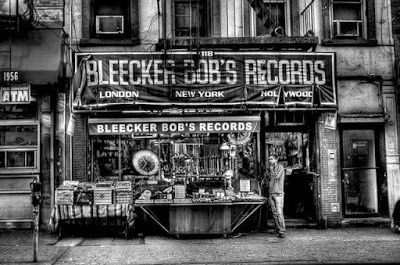
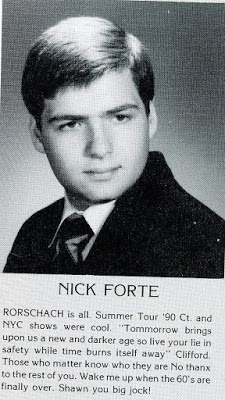
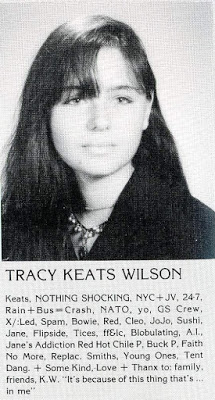
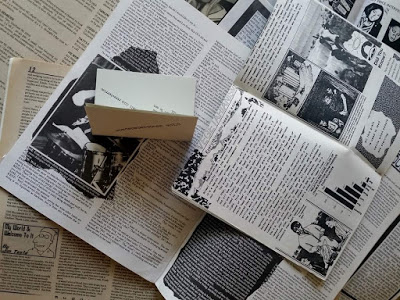
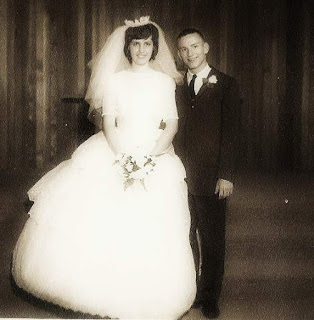
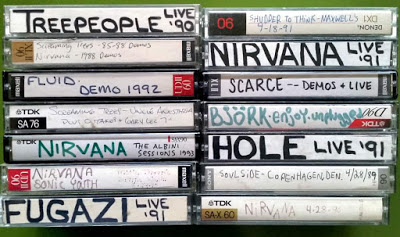
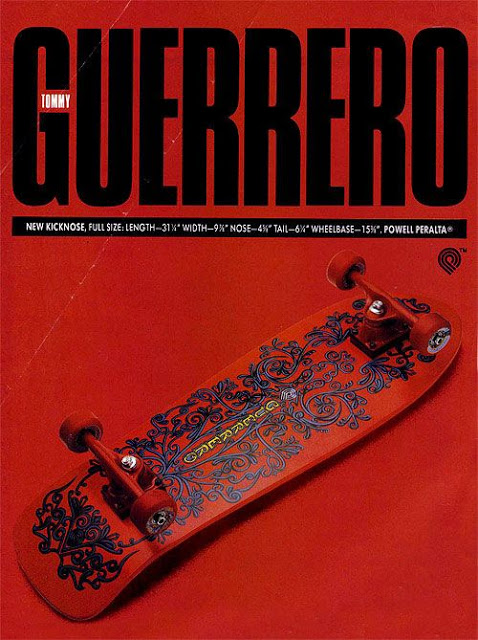
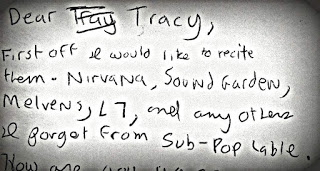
.jpg)